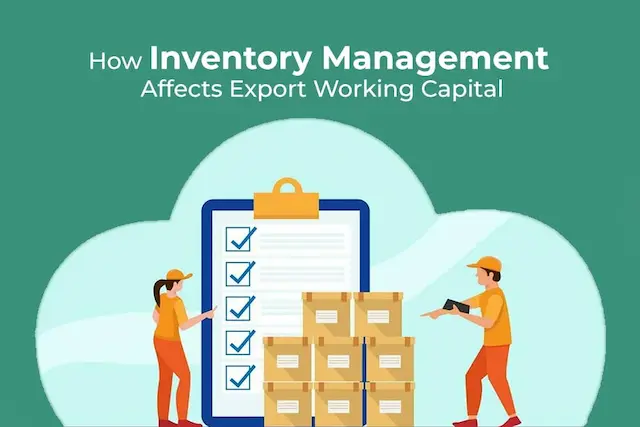All types of working capital need to be considered for daily business management, future planning, and a well-maintained financial structure. Most businesses see working capital as the difference between current assets and current liabilities. Not everyone realises that it comprises different types, each serving a unique purpose. This guide identifies fixed, variable, and special working capital and illustrates all these with examples so you can see precisely why each matters.
Understanding how these forms function makes it possible to effectively allocate resources and subsequently make better decisions during financial crises, expansion strategies, or seasonal shifts. From startup to growth phases, it’s the understanding of working capital that determines whether a business runs smoothly or suffers during the most critical times.
What Is Working Capital?
Now, before understanding the different types, let us first know the definition. Working capital refers to the portion of funds that a business keeps for its short-term requirements for operations. A vital indicator of liquidity as well as the financial health of an organisation. Positive working capital shows that the company can cover its short-term debts with its cash available for operations.
Fixed Working Capital – Facilitating Operations
The bare minimum of capital required by a business to sustain its core functions is known as fixed working capital. These essentials include salaries, rents, utilities, and vital inventory that must be kept in readiness regardless of production cycles.
For instance, a manufacturing company always requires the input of raw materials, spare parts, and labour; such expenses remain even with fluctuations in sales. Being relatively constant, this type of capital does not change regardless of business volume or level of operation; it will be invested permanently till the company is running.
Variable Working Capital – Adjusting with Demand
In contrast to fixed capital, variable working capital scales with the volume of operation. It represents the flexible portion of funds used in times of short demand spikes, seasonal changes, or expansions in production.
For example, a retail store may need extra stock for the festive season; these short-term decisions depend on variable working capital to seize opportunities and meet consumer needs without delays.
Special Working Capital – Meeting One-Time Requirements
Special working capital funds are reserved for one-time, nonrecurring needs. Usually, they contain big marketing campaigns, trade exhibitions, new product launches, and emergency repairs. These are not everyday expenditures, but can be very essential in seizing opportunities for growth and protecting against unforeseen events.
Properly planned special working capital should allow the company to meet new expectations or to avoid losses with utmost confidence.
Also Read: Types of Working Capital
Why Classification Matters
Once you have constructed your working capital into these categories, financial clarity improves. Resource allocation becomes more balanced without incidences of over- or under-utilised working capital. You know which working capital has to be available at all times (fixed), which is flexible (variable), and which is temporary but critical (special).
Real-Life Application
Let’s assume a mid-sized textile manufacturer uses working capital mainly to pay its permanent workers and keep its machines running in production. It utilises variable working capital to boost production and manage logistics during the wedding season’s peak demands. An international trade fair event will require special working capital for setting up booths, creating promotional materials, and travelling.
Such a practical analysis is very beneficial not only for internal accounting but also for facilitating decision-making on expansion and investments.
How Businesses Access Working Capital
Working capital is knowing when funds are needed and where to get them from. Most businesses rely on short-term loans, trade credit, or export financing to take care of their working capital needs. Timing is the one important factor, as the late-disbursal cash means a lost opportunity or disruption in delivery.
Therefore, it becomes increasingly important to plan and diversify sources of finance in order for business activities to remain agile, if not more future-ready.
The Role of Efficient Financing
In today’s global marketplace, financing solutions have evolved. Businesses are now exploring clever and intelligent ways that disburse cash quickly and paperless. Startups and big corporations alike can enjoy benefits from digital financing concerning manual invoicing and long approval cycles.
Conclusion
Businesses may function more effectively and make more strategic plans if they understand the differences between fixed, variable, and special working capital. Each type has its role in the financial resilience and growth of an enterprise. Knowing the balance and capital funding for these, you build a stronger foundation for long-term successs.
Do you want to make your working capital funding more efficient? Credlix has world-class tools and support for you in that. It makes the process of export financing easy, fast, and collateral-free, as well as intelligent invoice management, coupled with instant disbursement available. For whatever financial need, whether carrying on operations in core areas, scaling up according to demand, or investing in new initiatives-Credlix safeguards your financial flows. With Credlix, you can keep your supply chain healthy.




